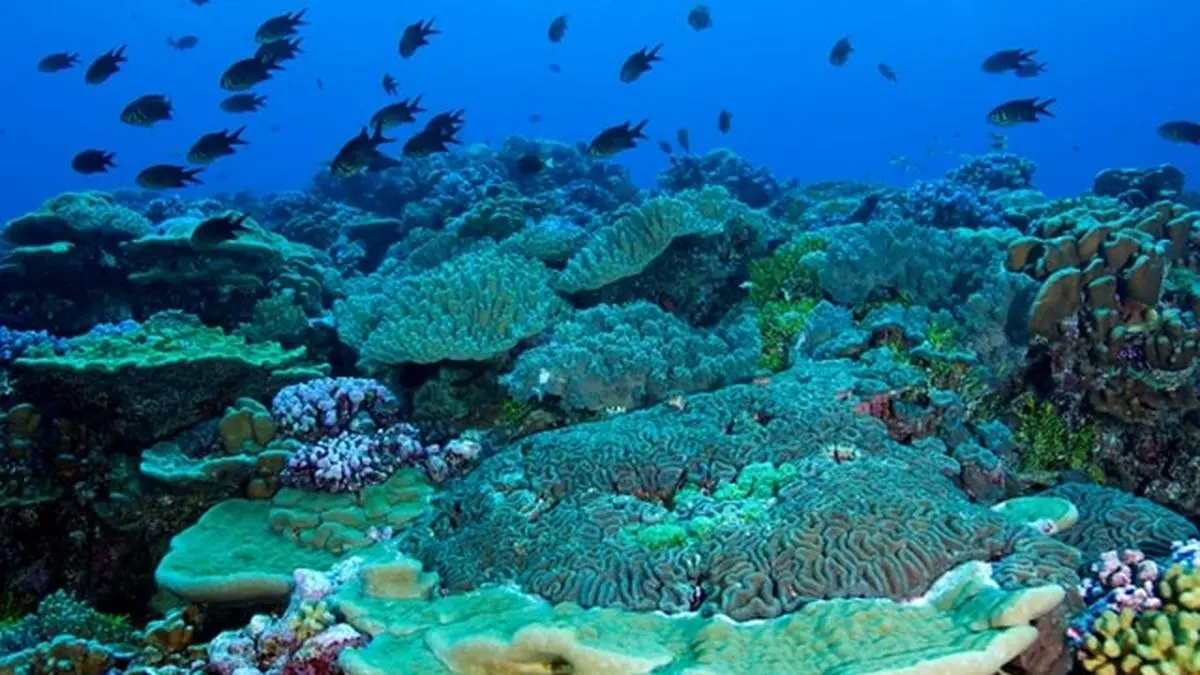The Marine Stewardship Council (MSC) survey has revealed that ocean biodiversity is under threat due to climate change, pollution and overfishing, among others.
A total of 58 leading ocean experts comprising scientists from 19 countries, including India, participated in the survey, which was conducted ahead of World Ocean Day on June 8 and the United Nations Ocean Conference on June 9-13.
The majority of the scientists are of the view that climate change is the greatest threat to ocean health and biodiversity as it causes ocean warming, sea level rise, and changes in ocean currents and weather patterns, among many other impacts. Marine pollution, overfishing and changes to marine habitats also ranked highly in terms of impact, the survey revealed.
Plastic pollution
The MSC is an international non-profit organisation, working with over 700 fisheries worldwide, that sets globally recognised standards for sustainable fishing and the seafood supply chain.
Indian scientists who participated in the survey highlighted that rising sea surface temperature and increased frequency of extreme weather events including cyclones were causing disruptions in the marine food web and thereby coastal livelihood.
On climate impact, Sunil Mohamed, Chair of the Sustainable Seafood Network of India and former principal scientist at the Central Marine Fisheries Research Institute (CMFRI) said: “Indian Ocean is rapidly warming leading to disruptions in fish productivity, species distribution, and decline of some commercially important varieties”.
In India, plastic pollution emerged as the biggest threat to marine ecosystems. Scientists pointed out that a staggering amount of plastic debris, originating from human activities on land, is increasingly reaching oceans. Marine scientists warned that this influx of plastics poses an escalating danger to coastal ecosystems and to the livelihood of small-scale fishers.
Still optimistic
Despite worries, the scientists are optimistic about the situation pointing to advances in science and policy as tools in protecting the oceans. They cited examples of global treaties and commitments as well as positive case studies of ocean restoration projects as ways in which ocean biodiversity could be protected from future harm.
M.K Sajeevan, Professor and department head at Kerala University of Fisheries and Ocean Studies and S Sabu, Associate Professor at Cochin University of Science and Technology (CUSAT) are the other respondents to the survey from India.
Ahead of World Oceans Day, the MSC released Preserving ocean life: How sustainable fishing supports biodiversity, a report showcasing a selection of positive case studies where fishers are using technology, tools and different techniques to minimise their impact on ocean biodiversity and protect marine life for future generations.
Published on June 6, 2025
Anurag Dhole is a seasoned journalist and content writer with a passion for delivering timely, accurate, and engaging stories. With over 8 years of experience in digital media, she covers a wide range of topics—from breaking news and politics to business insights and cultural trends. Jane's writing style blends clarity with depth, aiming to inform and inspire readers in a fast-paced media landscape. When she’s not chasing stories, she’s likely reading investigative features or exploring local cafés for her next writing spot.






